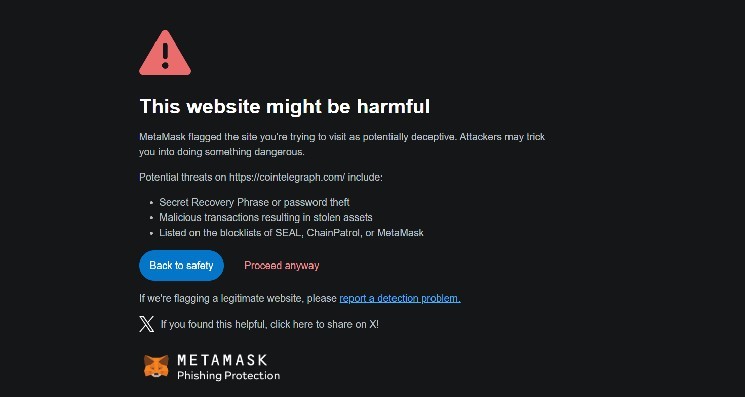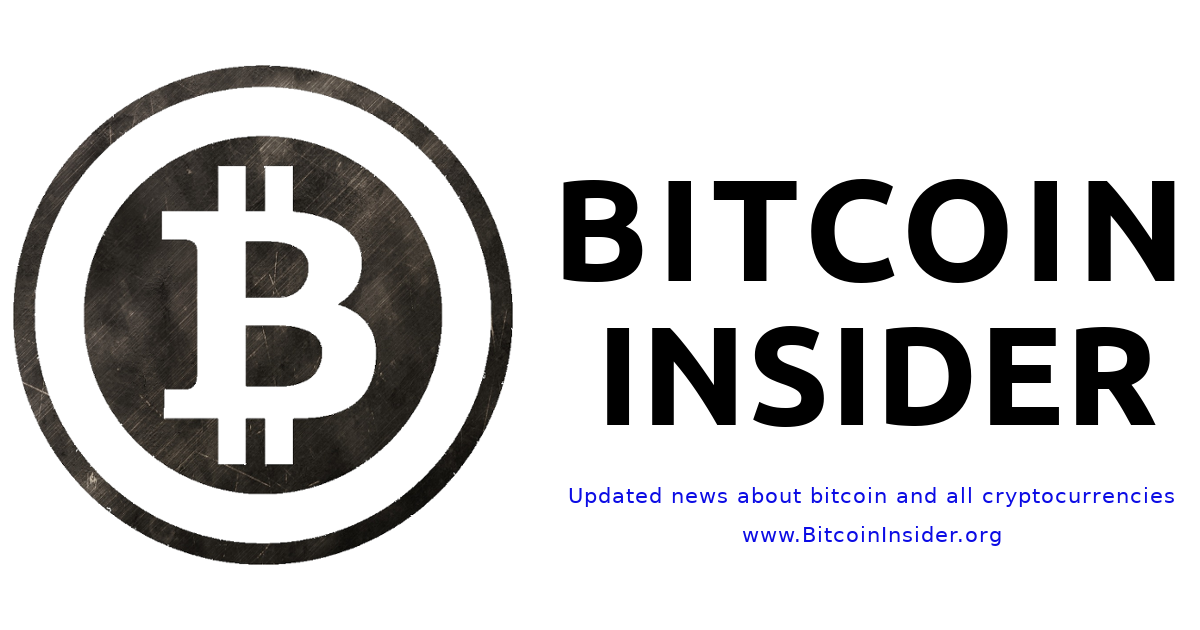CoinMarketCap Addresses Security Breach Involving Phishing Popup

In recent months, the cryptocurrency landscape has witnessed a disturbing surge in sophisticated hacks and scams, with attackers constantly evolving their tactics. A significant incident unfolded on June 21, 2025, when CoinMarketCap, a premier crypto and NFT data aggregator, experienced a security breach. This compromise led to the display of a malicious pop-up on its frontend, deceptively prompting users to "Verify Wallet" or "Connect Wallet," which aimed to phish sensitive credentials and drain funds.
CoinMarketCap, established in 2013, serves as a crucial resource for millions of crypto and NFT enthusiasts, offering extensive data on over 2 million cryptocurrencies, market capitalization, trading volumes, and NFT statistics. Its vast reach, including 1.2 million portfolio tracker users, 340 million monthly website visitors, and nearly 5 million daily Twitter impressions, made it an attractive target for threat actors seeking to exploit its trusted platform for illicit gains. Shortly after the incident was flagged by the crypto community and confirmed by CoinMarketCap's technical team, security firms like PeckShieldAlert issued urgent warnings, advising users to avoid interacting with the compromised site.
The technical investigation, particularly by Coinspect Security, revealed the intricate nature of the attack: CoinMarketCap's backend API was manipulated to serve malicious JSON payloads. These payloads injected JavaScript code into the website's frontend, primarily through its rotating "doodles" feature. The use of Lottie, a JSON-based animation file format, for these doodles created a vulnerability that allowed the wallet-draining script to be loaded, albeit not always visibly to all users due to the varied display of doodles per visit.
The immediate repercussions were severe, with multiple users reporting their crypto and NFT assets being drained within hours of the pop-up's appearance. The malicious prompt was designed to mimic legitimate wallet connection requests from popular providers like MetaMask and Phantom. In response, both MetaMask and Phantom acted swiftly, with Phantom going as far as marking the CoinMarketCap website as "unsafe to use" within its browser extension, while MetaMask issued similar warnings. CoinMarketCap acknowledged the breach promptly, removed the malicious code, and assured its user base that an investigation was underway to strengthen its security infrastructure and prevent future occurrences.
This incident carries significant implications for the broader crypto market. Occurring amidst heightened market activity and stock market volatility, including a dip in the S&P 500 and Nasdaq, the hack exacerbated existing bearish sentiments. On-chain data indicated an uptick in wallet activity and a spike in Ethereum gas fees, reflecting user caution or panic. Trading volumes for major pairs like BTC-USDT and ETH-USDT temporarily dipped. Bitcoin also saw a decline, reaching $62,000. However, the breach also created unique trading opportunities; tokens related to decentralized data aggregators, such as Chainlink (LINK), and security-focused tokens like Quant (QNT), experienced price increases, signaling a potential shift in investor preference towards decentralized and secure alternatives.
From a technical analysis perspective, Bitcoin's Relative Strength Index (RSI) dropped, indicating oversold conditions, while Ethereum's 50-hour Moving Average crossed below its 200-hour Moving Average, suggesting a bearish trend continuation. Institutional money flows showed net outflows from Bitcoin spot ETFs but inflows into altcoins focused on security and data integrity. This highlights how external shocks can ripple across asset classes, with the stock market's downturn amplified by the cybersecurity incident. For traders, this presents a dual strategy: potential short-term bearish plays on major assets and long positions on niche tokens benefiting from the security narrative.
It is worth noting that this is not CoinMarketCap's first security challenge; a prior breach in October 2021 exposed over 3.1 million user email addresses. This history underscores the persistent cybersecurity risks inherent in the crypto ecosystem. Users are strongly advised to exercise heightened vigilance, avoid connecting wallets to unsolicited prompts, verify website authenticity through official channels, enable two-factor authentication (2FA), use password managers for strong, unique passwords, and closely monitor their accounts, especially during periods of market volatility. The rapid response from CoinMarketCap and wallet providers emphasizes the critical role of cooperation and robust security frameworks in safeguarding user trust and navigating the evolving digital asset landscape.










